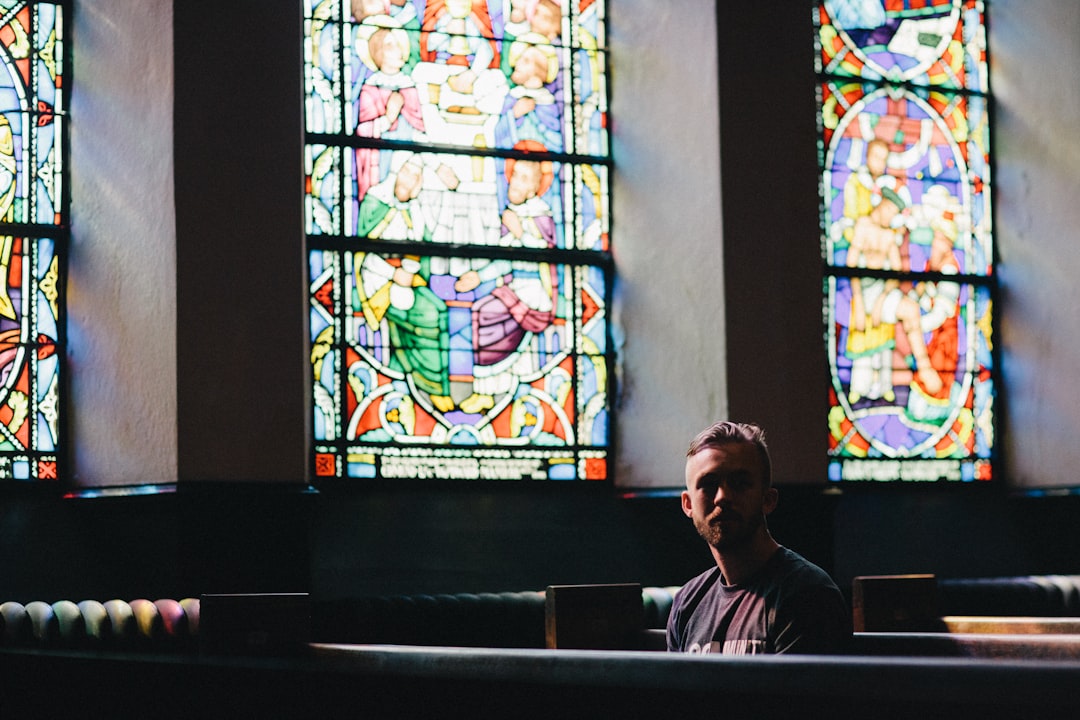Clergy abuse attorneys in Texas are essential for survivors seeking justice within religious institutions, navigating complex legal systems that prohibit emotional, physical, and sexual exploitation by religious leaders. Through strategic litigation, these specialists protect victims' rights, hold abusers accountable, and promote healing while advocating for stronger legal frameworks, extended statutes of limitation, mandatory reporting policies, and enhanced education to prevent future abuse. #ClergyAbuseAttorneysTexas
In Texas, as across the nation, the issue of clergy abuse has gained significant attention due to its profound impact on survivors. This article delves into the complex world of clergy abuse, focusing on legal implications within the state. We explore the crucial role played by dedicated clergy abuse attorneys in supporting victims and navigating a often challenging legal system. Additionally, we examine current laws and propose potential reforms to prevent and address this sensitive topic. Understanding these aspects is essential for both survivors seeking justice and the broader community aiming to foster safer religious environments.
Understanding Clergy Abuse: Definition and Legal Implications in Texas

Clergy abuse, a sensitive and often overlooked issue, refers to any form of misconduct or exploitation committed by members of the clergy against individuals within their care or under their authority. This can include emotional, physical, or sexual abuse, as well as financial manipulation and mistreatment. In Texas, where there is no specific statute defining clergy abuse, legal implications arise from existing laws prohibiting various types of assault, fraud, and exploitation.
Clergy abuse attorneys in Texas play a crucial role in advocating for victims by navigating complex legal systems and ensuring that their rights are protected. These specialists help victims seek justice, whether through civil lawsuits against the abusers or criminal charges, providing support and guidance tailored to the unique challenges presented by these cases. They also work to raise awareness about clergy abuse, fostering an environment where victims feel empowered to come forward and hold accountable those who have committed such acts.
The Role of Clergy Abuse Attorneys in Supporting Survivors

Clergy abuse attorneys in Texas play a pivotal role in supporting survivors by providing them with legal recourse and emotional support. When individuals come forward with allegations of abuse within religious institutions, these specialized lawyers step in to ensure their rights are protected and justice is served. They navigate complex legal systems, offering guidance tailored to the unique challenges faced by clients who have endured such trauma.
These attorneys facilitate access to justice for survivors, helping them hold perpetrators accountable while offering a safe space to share their stories. Through meticulous documentation, strategic litigation, and advocacy, clergy abuse lawyers in Texas work tirelessly to secure compensation and closure for those affected, fostering a culture where healing can begin and abusers are held responsible for their actions.
Navigating the Legal System: Rights and Resources for Victims in Texas

Navigating the legal system can be a daunting task, especially for victims of clergy abuse seeking justice in Texas. It’s crucial to understand your rights and the resources available to help you through this difficult process. Many survivors feel overwhelmed by the complexities of the law and fear speaking up due to potential backlash from their abusers or religious institutions. However, with the assistance of experienced clergy abuse attorneys in Texas, victims can access legal protections and remedies designed to hold perpetrators accountable.
In Texas, there are specific laws and regulations that address sexual misconduct within religious organizations, offering survivors a platform to seek justice. Clergy abuse attorneys specialize in these matters and guide clients through various legal avenues, including civil lawsuits for damages, reporting requirements for non-compliance, and criminal proceedings where applicable. They ensure victims’ rights are upheld while advocating for their interests in court. Understanding your options is the first step towards healing and ensuring that justice is served.
Preventing and Addressing Clergy Abuse: Current Laws and Future Reforms

In Texas, addressing clergy abuse is a critical issue that requires both robust legal frameworks and proactive measures. Current laws empowering victims to seek justice include statutes of limitation reforms, which extend time frames for reporting and filing lawsuits, ensuring more survivors can come forward. Additionally, Texas has seen increased efforts to educate communities on recognizing signs of abuse and promoting open dialogue within religious institutions. However, future reforms could further strengthen these protections.
Proposed changes include mandatory reporting policies for clergy members witnessing or suspecting abuse, similar to those in other professions. Enhancing training for both clergymen and lay leaders on prevention, intervention, and post-abuse support can also significantly reduce instances of abuse. Additionally, advocates push for clearer guidelines on confidentiality to encourage victims to come forward without fear of reprisal, fostering a safer environment for all members of the congregation. These efforts collectively aim to prevent clergy abuse, provide justice for survivors, and ensure healthier spiritual communities across Texas.






